Cancer is a significant disease with many different types, characterized by the division and spread of cancerous cells, its treatment and recovery depending on type, location, and stage, affecting any part of the body.
Oral cancer represents approximately 3% in males and 2% in females among all cancers. Moreover, 90% of oral cancers occur in individuals over 40 years old. Although men over 50 are at higher risk, tobacco and alcohol use are significant risk factors. In recent years, there has also been evidence linking a small percentage of oral cancers to the HPV virus.
Locations where oral cancer can occur include the mouth cavity, tongue, lips, and the back of the throat. It most commonly affects the sides of the tongue, followed by the underside of the tongue. Cancer that develops on the lips tends to occur on the lower lip and can initially resemble a cold sore. If any lesion, sore, or spot in your mouth does not heal within two to three weeks, it is crucial to consult a doctor. Early detection is key, with an 80% chance of successful treatment.
One challenging aspect of oral cancer is that it often goes unnoticed until it reaches an advanced stage. Initially, small red or white patches may develop, followed by persistent sores that do not heal. Distinguishing these from common mouth ulcers, cold sores, or minor infections can be easier for those who attend regular dental check-ups. Your doctor can identify changes inside the mouth during examinations and provide necessary guidance.
The Oral Cancer Foundation designates April as a month for awareness due in part to the higher mortality rate compared to many other cancer types. Oral cancer is typically diagnosed after it has spread or metastasized. Therefore, as mentioned earlier, if you notice a lesion in your mouth that does not heal within about 2 weeks, it is crucial to visit a dentist. Awareness during this month emphasizes the importance of regular medical check-ups and the significant impact of early detection on successful treatment outcomes. In addition to maintaining a healthy diet, regular oral hygiene, and avoiding alcohol and tobacco use, regular dental check-ups can help in taking preventive measures against oral cancer.

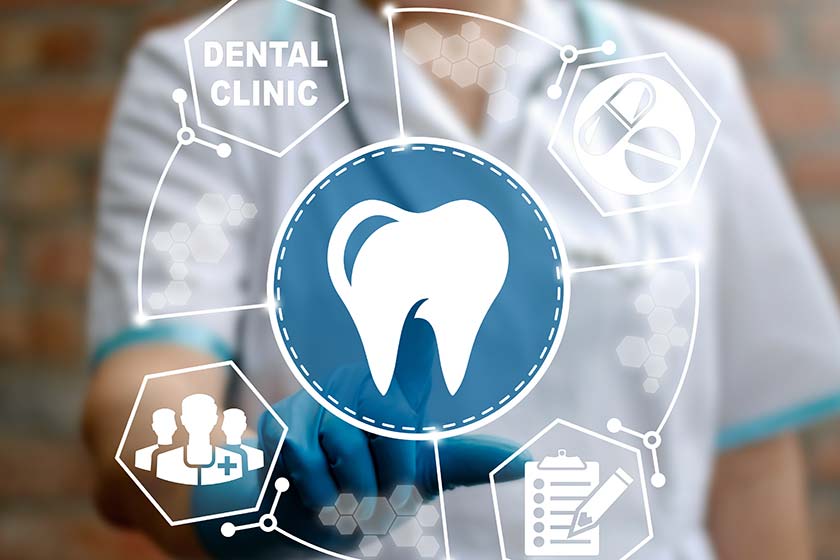
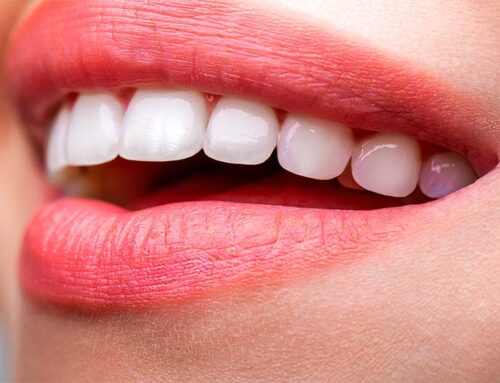
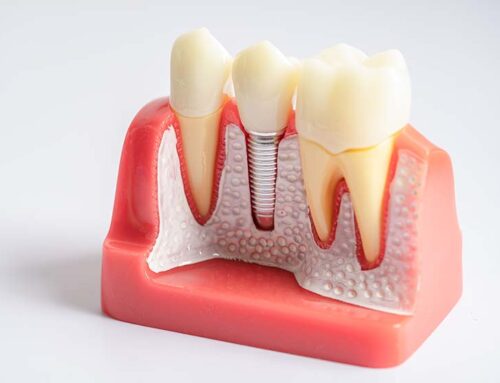
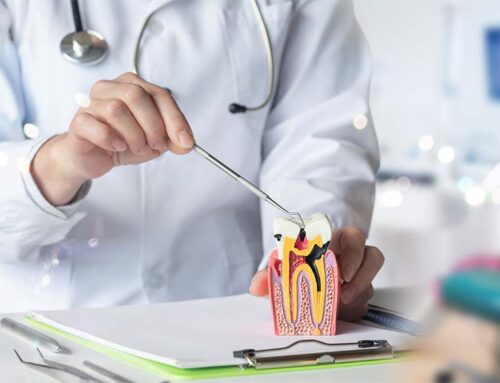
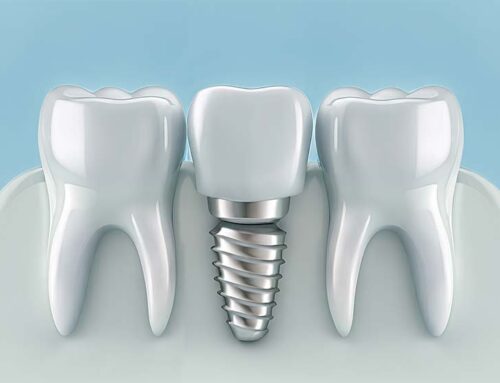
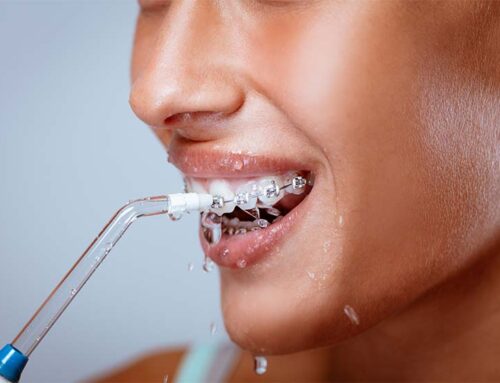
Leave A Comment